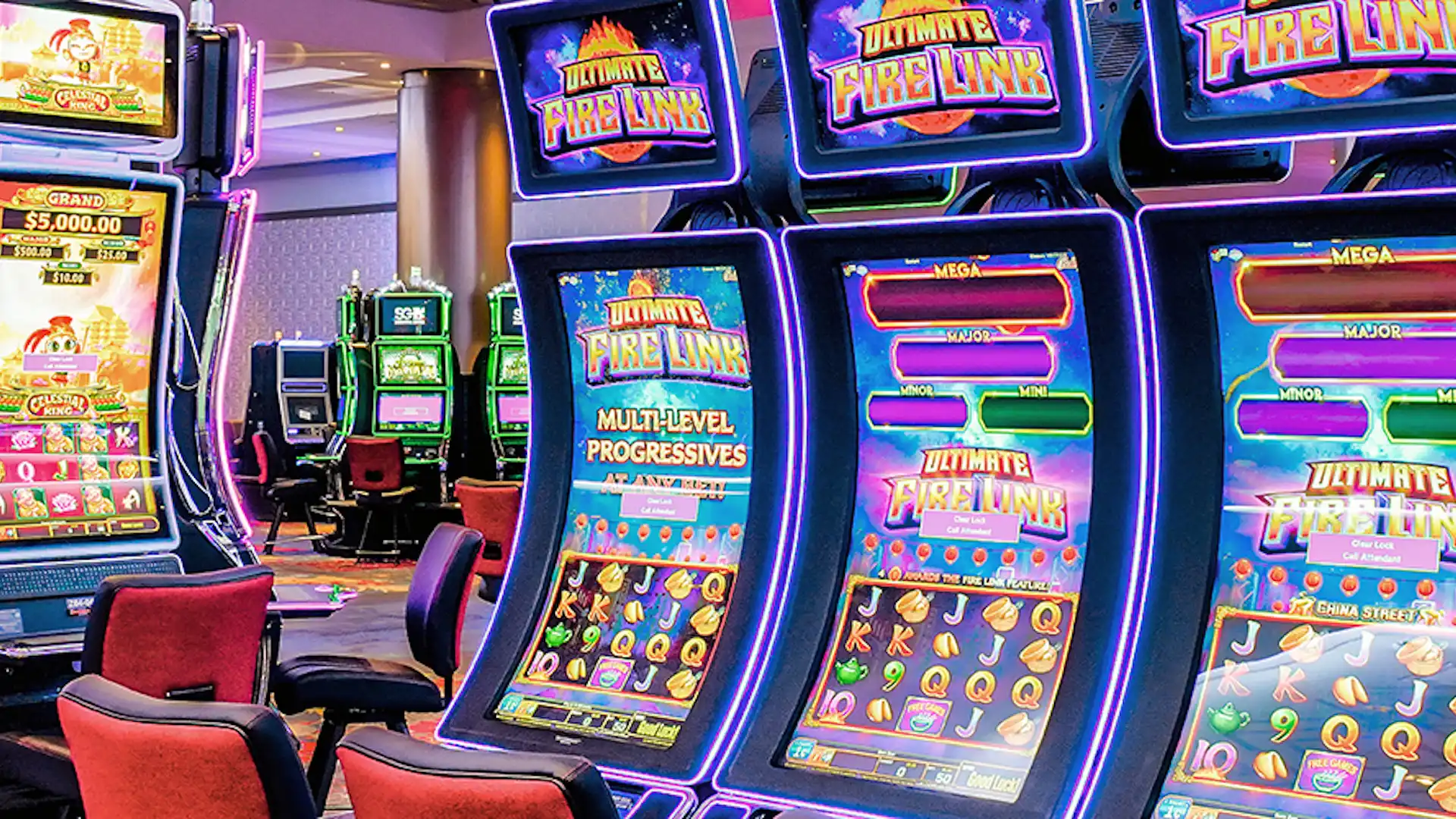
Gambling games have enthralled gamblers for decades, pulling them into a realm of excitement, chance, and wealth. From the flashing lights of gambling machines to the intense intensity of card tables, these activities offer a distinct mixture of fun and exposure. However, underneath the shiny exterior of this glamour and glamour lies a sophisticated connection of calculations that shapes every conclusion and choice made within the gaming hall.
Grasping this connection between casino games and mathematics not only improves the playing experience but also can help gamblers make informed decisions. Whether you are a occasional punter or a dedicated follower, recognizing the numerical strategies at play can give important understandings into probability, probabilities, and strategies, ultimately affecting how one tackles these chance games.
Mathematical Likelihood in Betting
In the sphere of gambling games, mathematical probability plays a vital role in assessing outcomes and guiding player decisions. Each game has a unique set of regulations and a particular probability framework that shapes its mechanics. For example, in activities like roulette, players must understand the chances of landing a specific number or shade. The probability of specific occurrences occurring can be calculated, and this knowledge can substantially influence wagering strategies.
Gambers also need to be aware of the casino edge, which is the statistical advantage that casinos hold over gamblers in the long term. This edge differs across different activities. In blackjack, expert players can use tactics to lower the house edge to as little as 1 %, while in activities like slot machines, the casino advantage can be substantially larger. Understanding the house edge allows players to make educated choices about which games to play and the amount to wager.
Moreover, likelihood is crucial in the principle of risk versus gain in betting. Every wager carries a specific danger factor, and players must consider the possible return against that risk. Games like the poker game require gamblers to not only assess the chances of their own showing winning but also to assess the likelihoods of their rivals’ showings. By utilizing mathematical principles to their strategy, gamblers can boost their odds of success and engage more effectively in the exciting realm of gambling activities.
Expected Worth in Casino Games
When talking about gambling activities, one of the fundamental ideas rooted in math is the anticipated value. This statistical measure assists players grasp the potential outcomes of their wagers over time. In simple terms, anticipated worth (EV) calculates the mean amount a player can anticipate to win or suffer per bet if they were to play the activity many times. Each activity has its own EV, influenced by the odds and the casino advantage, which signifies the advantage that the gambling establishment holds.
For example, think of a game like the roulette game. The anticipated worth can be derived based on the particular wager placed. If a gambler bets on a single number, the payout is 35 to 1, but the true odds of success that wager are 1 in 37 (in European the roulette game). This leads in a negative expected worth, showing that, on average, gamblers will incur a loss money over a period when playing this type of bet. Understanding this concept allows players to make better educated choices about which activities and bets may be less advantageous.
Moreover, the exploration of expected value can lead to better money management. Gamblers who comprehend the math behind their games are often able to set realistic expectations. By recognizing their possible losses and profits, they can adjust their playing strategies accordingly, which may improve their overall gambling experience. As a result, anticipated worth serves as a crucial tool for both beginner and seasoned gamblers to navigate the often volatile nature of gambling games.
Tactics and Probabilities: The Mathematics Behind Success
In gaming establishments, grasping the probabilities is vital for participants seeking to maximize their chances of success. Each activity has its own distinct set of chances that dictate winning performances, and these numbers are often found in the game’s regulations or payout schedules. casino non AAMS For example, in activities like blackjack, players can enhance their odds through methods such as counting cards, which depends on mathematical principles to gain an upper hand over the establishment. By acquainting themselves with the probabilities, participants can make more educated decisions on when to wager and when to give up.
Moreover, the idea of average value holds a major role in gaming tactics. Expected value determines the average outcome of a bet over a period, allowing participants to judge whether a specific wager is worth taking. For example, video slots have a specific return percentage, which can suggest the typical payout a participant can anticipate on their wagers. By opting for activities with higher expected values, participants can lessen the casino edge, enhancing their future winnings in the future.
Finally, successful players often utilize a mix of luck and math strategy to enhance their gaming experience. While luck is uncontrollable, managing a wagering approach based on calculative ideas can lead to more positive results. By utilizing techniques such as money management and choosing games, gamblers can apply math to navigate the volatile nature of casino games, making the most of their time and investments at the gaming tables.
